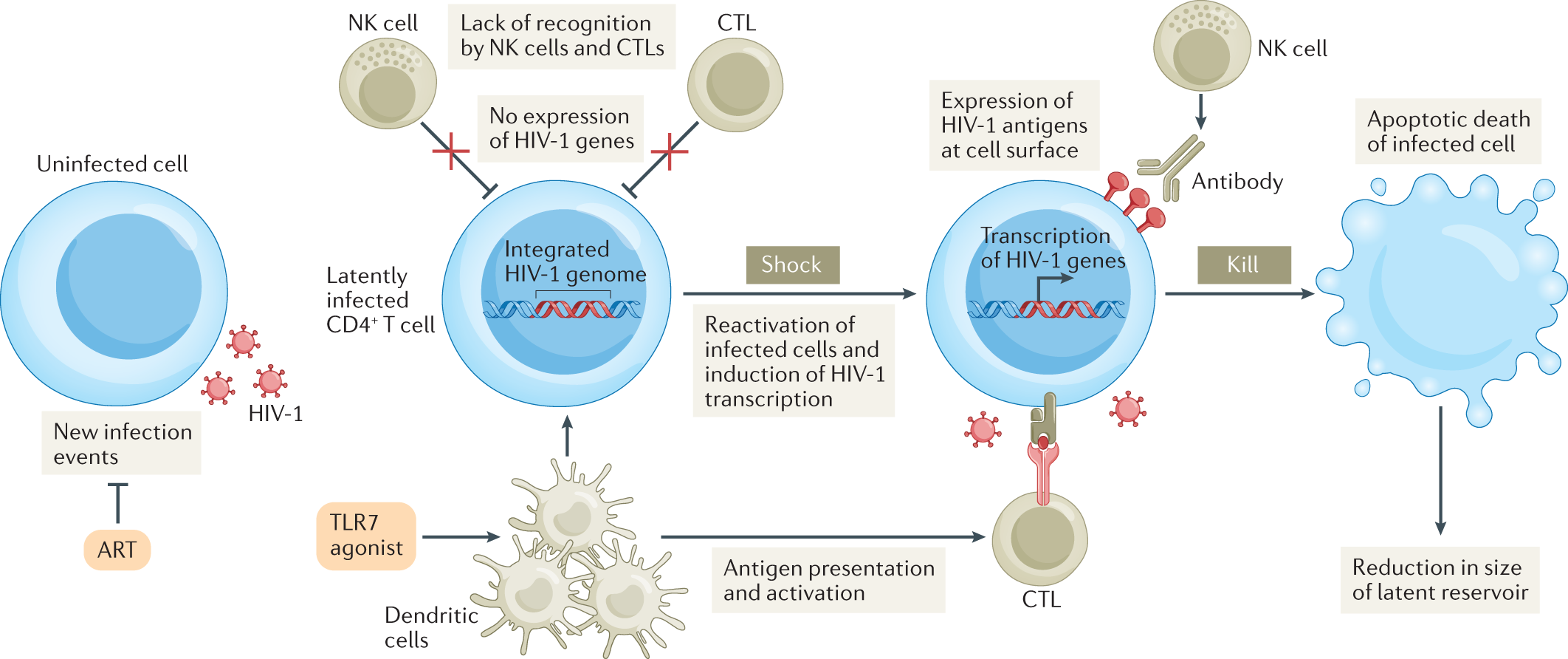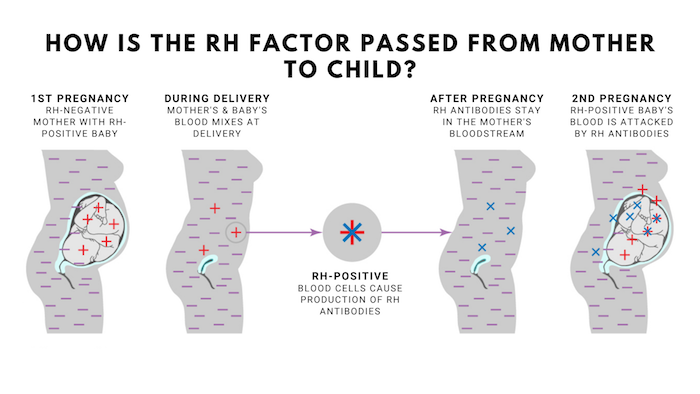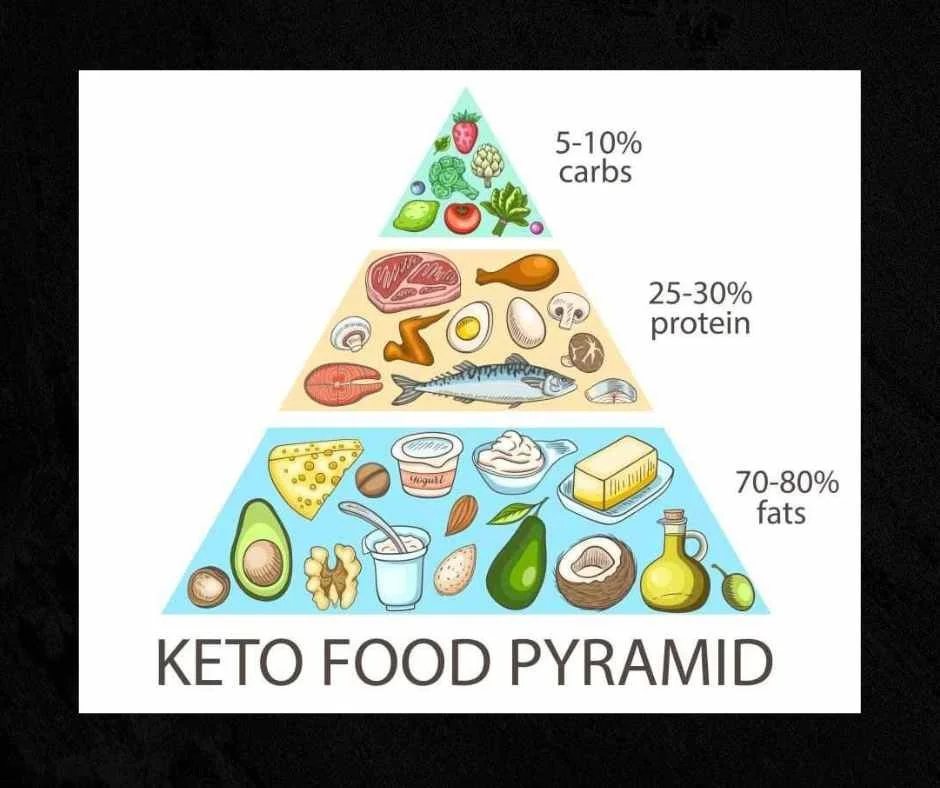T-Shirt Printing – T-Shirt Fabric For Printing – Which is the Best?
There are endless varieties of textiles appropriate for screen printing, but only a few that make much sense when it comes to wear ability and cost. The most popular choice for modern t-shirts is cotton, but your choice does not end at picking the natural cotton plant over synthetic polyester or a poly-cotton blend for your t shirt. Combed cotton or semi-combed cotton, ring-spun cotton and an enzyme wash are some of the distinctions that make the difference between a screen printed t-shirt and a favorite screen printed t-shirt.
Combed Cotton
Combed cotton is a great t-shirt choice for screen printing. Soft, and strong, it has all the makings of a favorite t-shirt!
The fibers in combed cotton have been thoroughly carded and then combed to lie in the same direction. The combing process removes dirt, impurities, and shorter fibers resulting in fewer extraneous fibers protruding from the thread. This means a t-shirt made from combed cotton is softer against your skin and less likely to fray and rip. This is a great t-shirt for printing onto because the smooth fibers readily accept the screen printing ink. However, the extra processing that goes into spinning combed cotton thread results in a more expensive textile.
In terms of care, a t-shirt made from this material can be washed and dried normally, but dyed combed cotton may bleed at high heat.
Semi-Combed Cotton
T-shirts made of Semi-Combed Cotton have many of the qualities of its superior sister, combed cotton, often at a lower cost. However, it is not as soft or as strong because it goes through a shorter combing processes, leaving more short fibers in the thread for a rougher feel and less durability.
Ring-spun Cotton
These days, most combed cotton found in high quality t-shirt and linen materials is usually made with a ring-spun process. The result is a soft, smooth textile, highly wearable and versatile in comfort and elegance. “Ring-spun” refers to the process by which the carded and combed cotton is then turned into thread with electric spinning frames.
The cotton is separated into a set number of “hanks” and then twisted, or spun, around each other. The number of hanks spun into a thread is called “ply”, with two hanks being 2-ply, three hanks being 4-ply, etc. Some common alternatives to ring-spun cotton include open end spun fibers, often found in terry cloth items like towels and bathrobes and less often in t-shirts. The texture of open end spun fiber does not lend itself to screen printing or t-shirt quality. Other varieties include air jet spun, compact ring spun, friction spun, and siro spun fibers.
For your t-shirt screen printing needs, we recommend sticking with ring spun combed cotton!
Enzyme washed
Enzymes have a number of uses when it comes to textiles, including cleaning, finishing and texturing effects. Enzyme washed t-shirts are the ones that seem perfectly worn right off the shelf. An enzyme wash is used to loosen the dye in fabric and create a faded look as well as a softer feel, without compromising strength. The great thing about enzymes is that since they are produced by living organisms, they are an environmentally friendly and economical alternative to traditional industrial textile treatments.
Enzymes are applied to the garment, usually after a t shirt is manufactured but before it is screen printed, and effectively breaks the dye into smaller molecules that then are washed out. This means that instead of adding another chemical substance to the material, it pulls the dye away resulting in greater softness, less of that weird factory smell, and greater ink binding power for screen printing.






